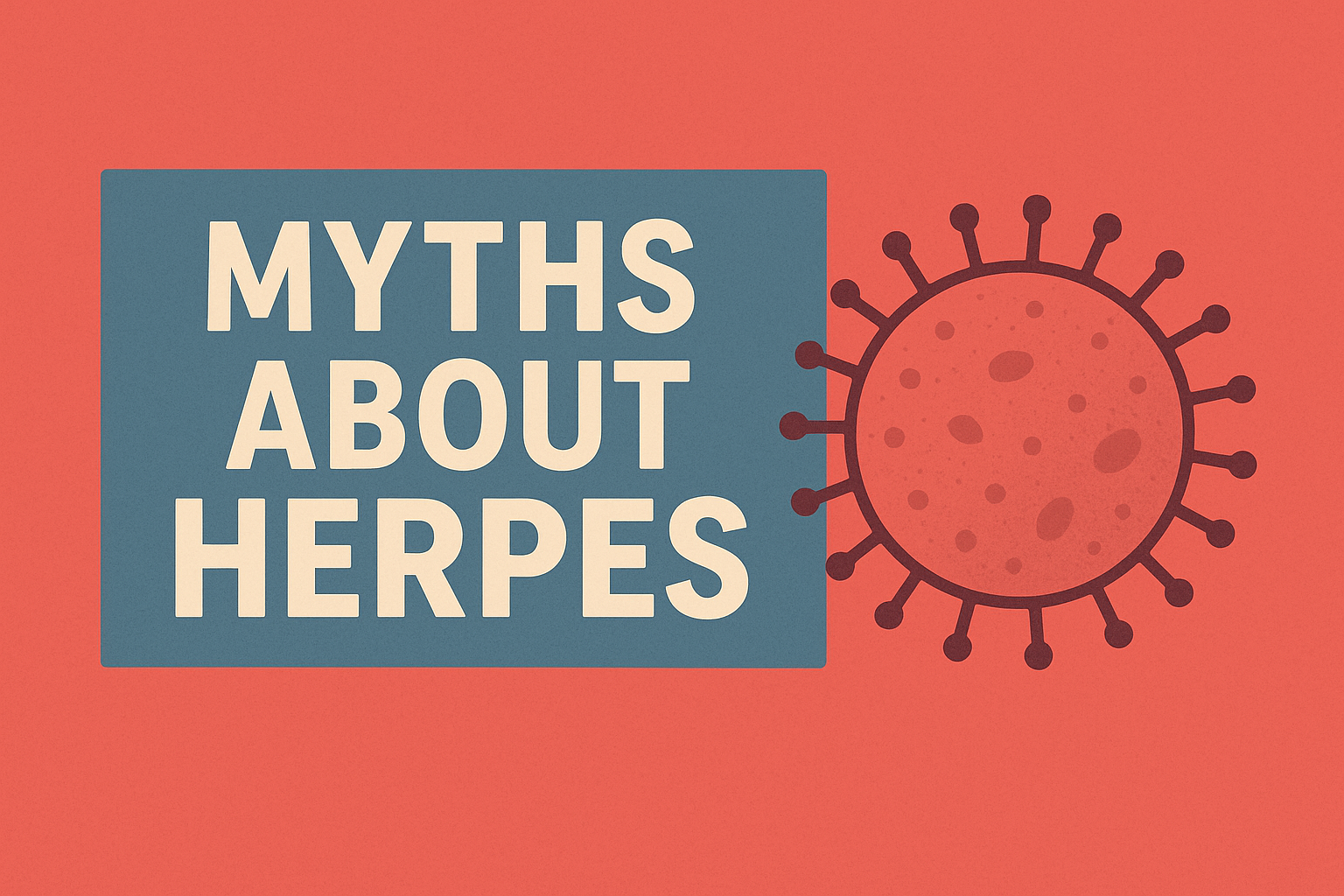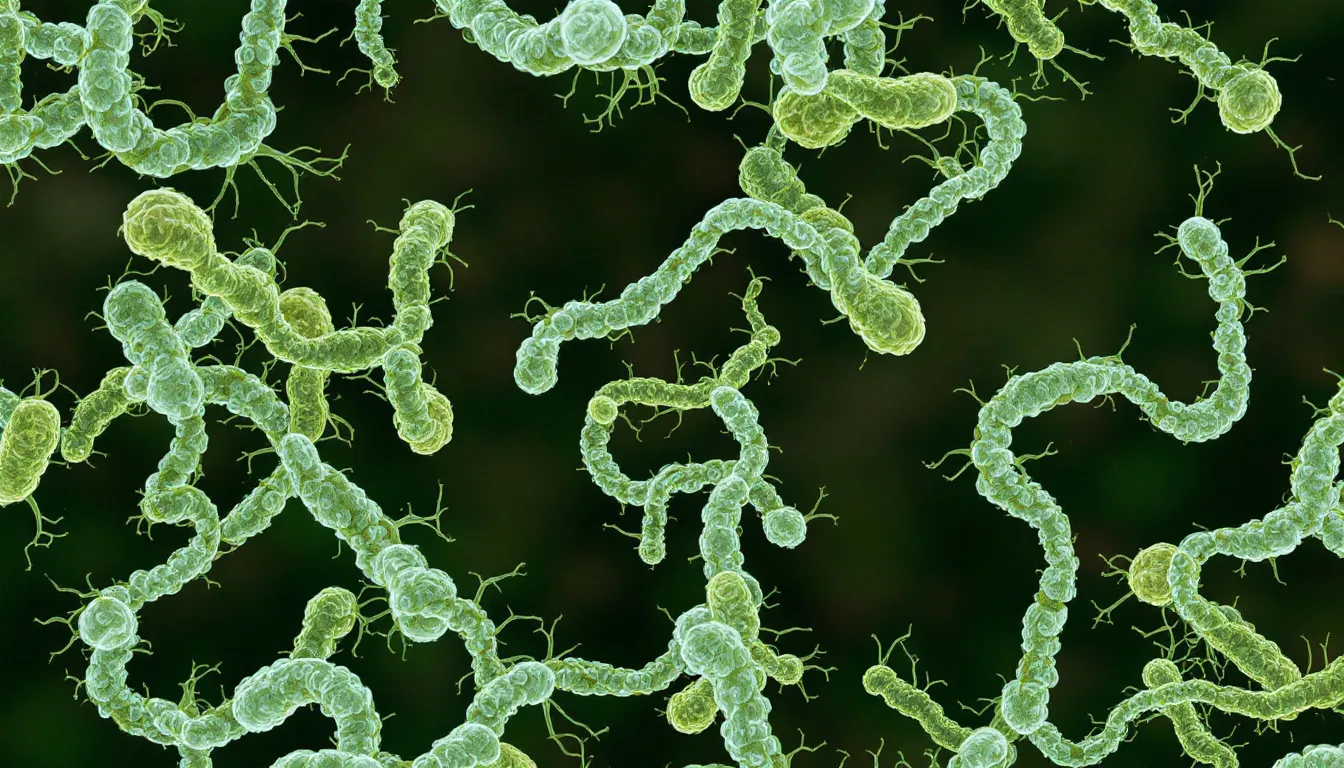Many people wonder if you they can only have one STD. In fact, it is not uncommon for someone to have more than one STD at a time. Chlamydia and gonorrhea often go hand-in-hand and some STDs can make you more susceptible to other infections. Having two or more STDs at a time is known as co-infection and can be a risky situation for someone.
Since some STDs are bacterial and others are viral, a person can have a lifelong infection and a short term infection at the same time. There are different types of treatment for each as well. Most bacterial infections can be cured with a simple treatment of antibiotics. Viral STDs stay within your body for the rest of your life. Treatment exists for many of these infections. That means that even if a person is diagnosed with these illnesses, they can still lead a long and happy life.
Human immunodeficiency virus, or HIV, is a viral infection that attacks the immune system. It destroys a person’s ability to defend against infection and disease. People who are living with HIV are at a much higher risk for STD co-infection than people who are HIV-negative. The most reliable way to test for HIV is to have a blood test performed. There is currently no cure for HIV. Although, treatments are available to make the virus very manageable.
Chlamydia, syphilis and gonorrhea are caused by bacteria. If you have had either of these infections in the past, you can still get them again. The symptoms for these STDs are very similar and can infect a person simultaneously. Infection of the genitals with chlamydia or gonorrhea can be detected with a urine test. Syphilis requires a blood test. In the throat or anus a swab test is required to detect infection.
Remember that not only is co-infection possible, but re-infection also occurs. If you have had an STD in the past and have been treated for it, you can still become infected again. This is also incredibly common. If you become re-infected with a bacterial infection, you will require a whole new round of treatment.
The CDC recommends engaging in the practices of safe sexual intercourse in order to prevent the spread of STDs. This includes the use of latex condoms. If you believe that you have been exposed to any of these STDs, you should have STD testing performed. This is the best way to know that current status of your sexual health.






